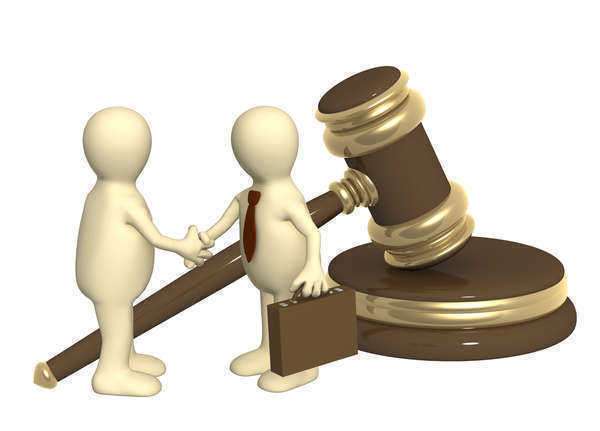Trespass to Land
The property
After Lawful entry to a property, a licensee may act outside of his or her license by performing actions not stipulated within the agreement. For example, in the case of Bond v Kelly (1873), the defendant was found to have committed Tort Trespass to Land when having acted outside his work order.

The defendant was commissioned to deforest a section of land on the plaintiff's property, and although was lawfully licensed to enter the property, he'd cut down more trees for lumber than ordered, and thus was guilty of Tort trespass, despite lawfully entering the property.
Law enforcement personnel are subject to unlawful entry charges when entering a property without either a search warrant or witnessing a party for whom there is an outstanding warrant at the property.
The Tort Court
There is no burden of proof regarding damages upon the plaintiff in tort trespassing cases. The defendant need not cause damage to the land, simply be fount to have intentionally entered the land without specific license. Accidentally entering land has been set by precedent to not constitute unlawful entry.
For example, if a defendant trips and falls onto a property, even though he knows it is not his own property, he is not guilty of trespass so long as he leaves the property within a reasonable amount of time. The basis of intent, again, remains the act of entering the property itself. Knowledge of the property's legal owner, or cases of mistaken ownership or mistaken license are not valid areas of concern in tort Trespass of Land litigation.